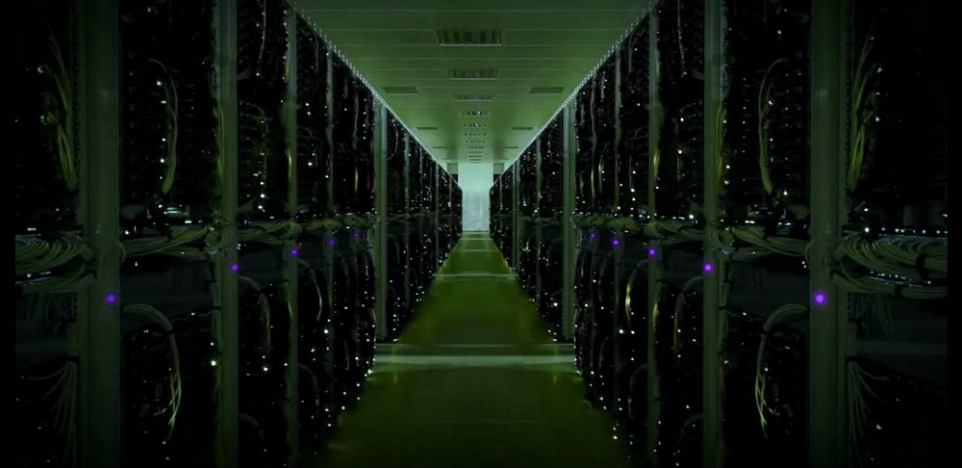"We've opened Pandora's box: We've unleashed forces that we can't control, and we can't stop. We're in the midst of essentially creating a new life form on earth."
Got your attention? Director Chris Paine, who dazzled and provoked us with the documentary Who Killed the Electronic Car? (2006), now takes us to even more difficult ground where we are forced to consider the massive, invasive, tricky, and potentially hazardous impact of Artificial Intelligence (A.I.) on technology, work, science, psychology, emotions, war, consciousness, the neural networks of the brain, the media, machine learning, fake news, drones, politics, human intuition, and personality.
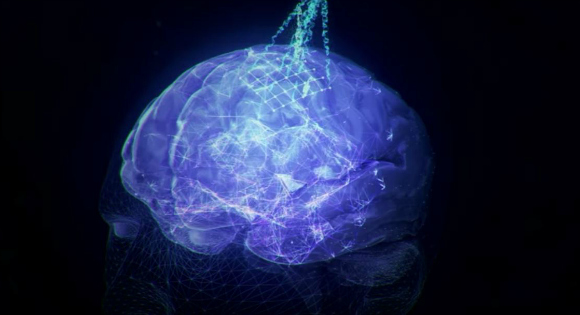
That's a lot to cover in 78 minutes, but Paine gives us both a broad overview and detailed examples. As he explains in an interview in The Guardian, "We wanted to say: 'What is the reality behind these things? Which anxieties are well-founded, and what's just fear?' "
What does the future hold for A.I., especially as machine intelligence surpasses human intelligence? Paine uses clips from sci-fi thrillers such as Ex Machina, Her, Terminator 3: Rise of the Machines, Robocop, The Matrix, and 2001: A Space Odyssey. Most of these films predict a techno-dystopian future. This documentary doesn't dismiss such pessimism, but it does explore positive outcomes from the development of A.I.
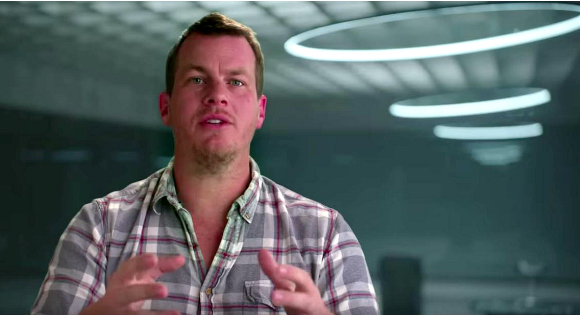
No documentary would be complete without talking heads and Paine is to be commended for his top-drawer roster including Westworld TV producer Jonathan Nolan, tech pioneer Elon Musk, journalist John Markoff; Primer CEO Sean Gourley, Stanford professor Jerry Kaplan, futurist Ray Kurzweil, UC Berkeley Professor Stuart Russell, MIT professor Max Tegmark, Osaka University professor Hiroshi Ishiguro, Stanford professor Michal Kosinski, Columbia University professor Hod Lipson, Microsoft researcher Eric Horvitz, IBM Watson's lead developer David Ferrucci, Udacity Cofounder Sebastian Thrun, Neuralink Project Director Shivon Zilis, Cofounder and CEO of Affectiva Rana el Kaliouby, Vicarious Cofounder D. Scott Phoenix, Vestorly CEO Justin Wisz, Former U.S. Deputy Secretary of Defense Christine Fox, writer Tim Urban, writer Peter Singer, writer James Barrat, economist Hannes Grassegger, endovascular neurosurgeon Dr. Brian Herman, OBGYN Dr. Enrique Jacome, Open Al's director Shivon Zills, and Google Brain Co-founder Andrew Ng.
Here are some of the A.I. forces that have leaped out of Pandora's box:
- The staggering loss of millions of jobs to robots
- The danger of autonomous weapons waging unsupervised war
- The problem of election tampering by A.I. hackers
- The possibility that driverless cars will have fewer accidents
- The increased use of robotic surgery
- The risks posed by the power and sweep of Google and Facebook
- The possible malevolence of intelligent supercomputers
There are some fascinating segments in this documentary. In a hospital radiology lab, we learn that machines will soon replace humans reading scans; with thousands of mammograms in their memory banks, the robots will be better able to detect cancers than their human counterparts.
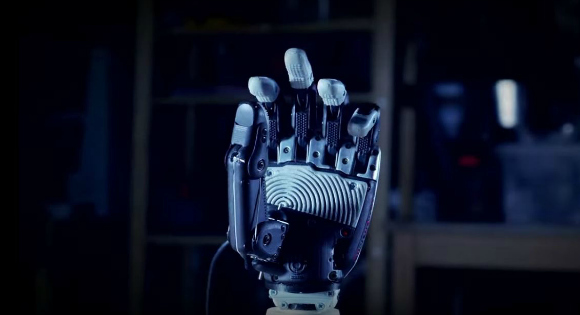
To date computers have been looking for patterns in data, but newer A.I. can identify expressions. Robots watching a week of YouTube videos developed a "neuron" that related to cat videos. It may take A.I. a while to master a new skill, such as playing chess or Go, but once it does, there is no stopping it.
As A.I. infiltrates social media, your news feed on Facebook will just show you what you want to see. This filter on the news is dangerous during political campaigns and is one explanation for the "fake news" of recent years.
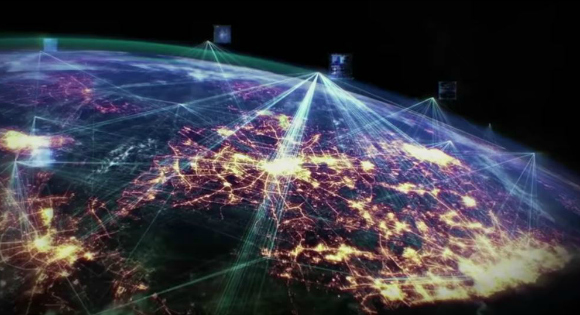
Before the credits appear on the screen, it goes black and displays this message: "The pursuit of artificial intelligence is a multibillion dollar industry with almost no regulations."
A mixed blessing is one way to describe A.I. A wolf in sheep's clothing is another. This technology is not going to go away. Can it be controlled? Can machines be taught to be kind, compassionate, and ethical? These are just some of the questions that came to us as we watched this absorbing documentary. You are bound to have some more.
